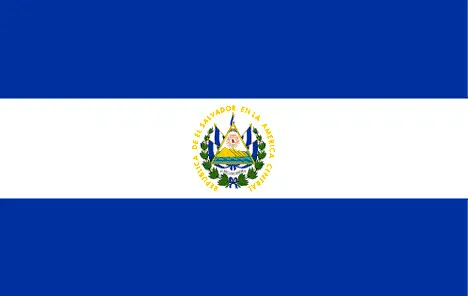
Since arriving at the El Salvador international airport yesterday, I've noticed that the energy here continues to be positive...
While waiting in line to pass through immigration, a Canadian couple struck up a conversation with me. It turns out that, after taking advice from their college-aged kids, they have chosen to sell their home in Canada and migrate to El Salvador. We agreed that while Canada continues to trend downwards in terms of crime and economic opportunities, El Salvador is trending upwards.
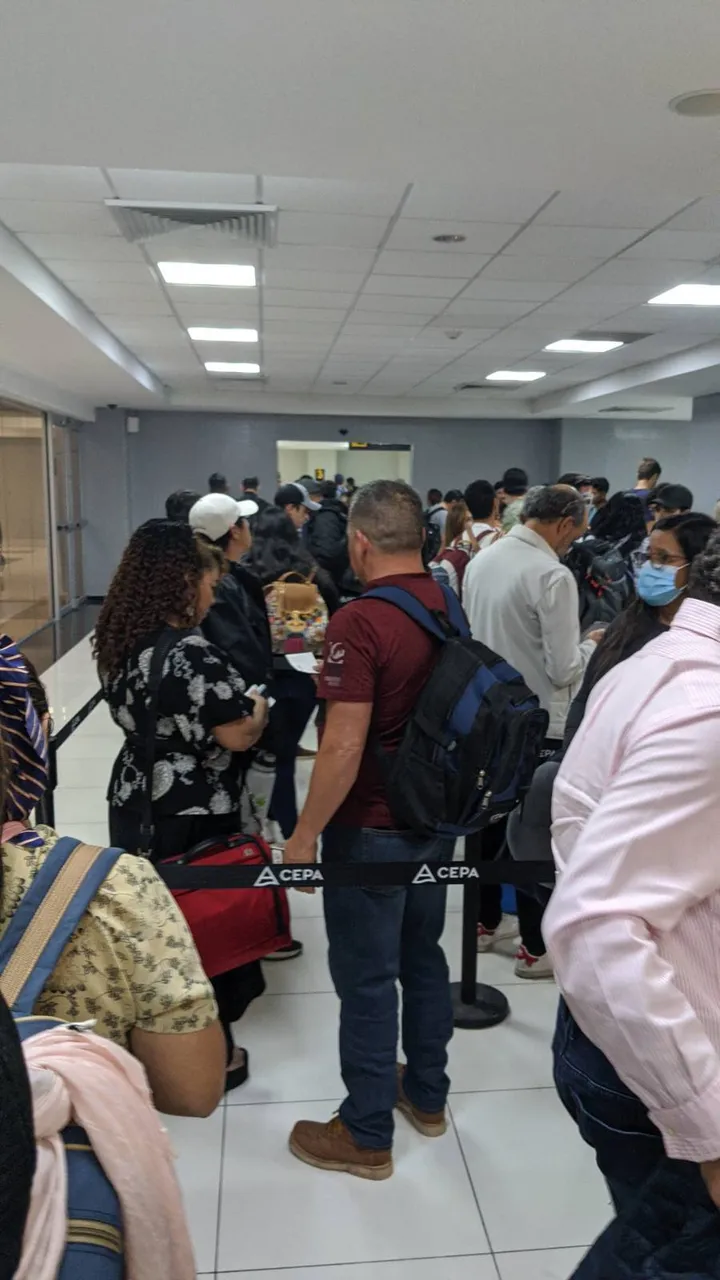
Before arriving at immigration in El Salvador, all foreigners must pay $13 for a tourist card. Normally, you are given the option to pay for it with Bitcoin. However, due to renovations going on at the airport, the one girl who was taking payments for the cards apologized for (temporarily) being unable to accept Bitcoin.
The immigration officers were quite nice, and down to earth. They greeted me with a smile and were rather modest compared to other nation's border patrol officers. They asked me in which country do I live, and my purpose for visiting. Afterwards, they took a photo of me and stamped my passport.
Up until recently, El Salvador would only give foreign tourists 90 days permission to stay in the country, however since January they have extended that to 180 days. This is part of President Bukele's plan to increase tourism in the country.
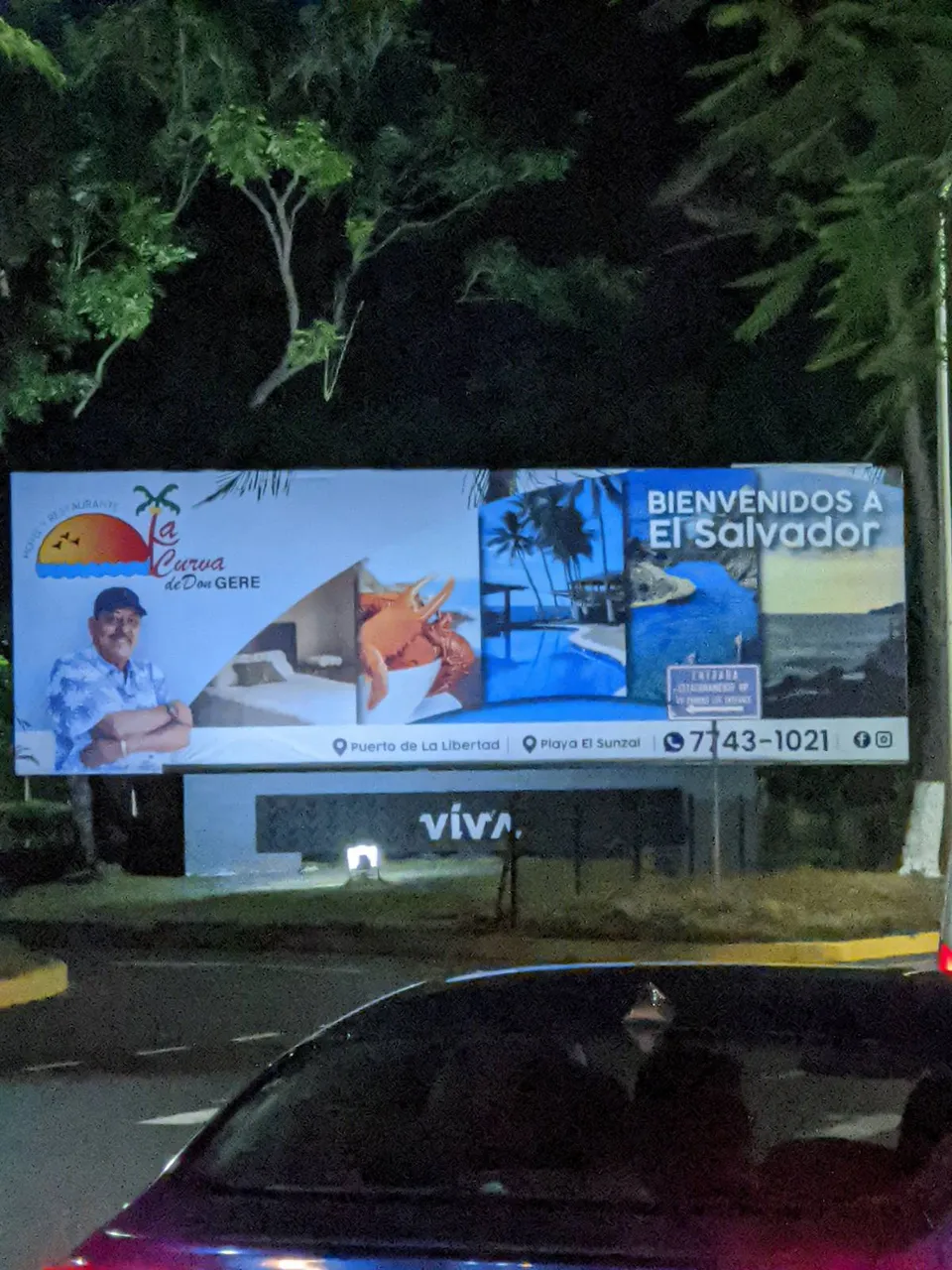
On the way from the airport to the hotel, I discussed the situation in El Salvador with my taxi driver. When I mentioned the Canadian couple who had chosen to immigrate here, he added that lots of Salvadorans who had escaped to the United States are now starting to return to their home country.
We also talked about the security situation, which he stated had improved substantially. Previously dangerous areas of the city, such as Soyapango and Mejicanos are no longer under the control of gang members, and he's now able to drop off his customers in those locations.
When I asked him about Bitcoin I was a little disappointed to hear him say that he hasn't used it for months. He added that neither his family nor friends have been using the Chivo app (Bitcoin wallet) since the free $30 worth of Bitcoin they received from the government in 2021.
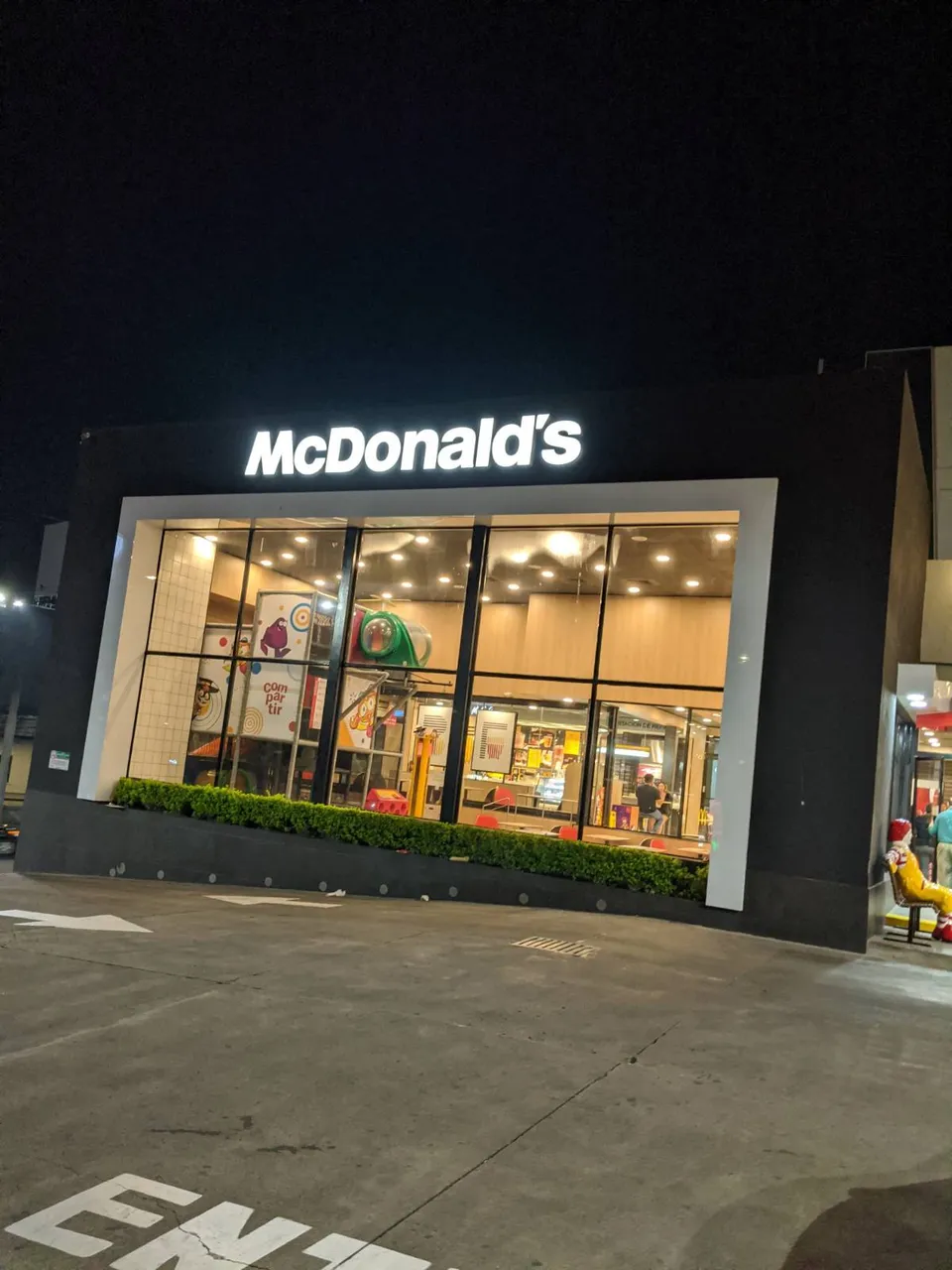
It was completely dark by the time my taxi driver dropped me off at the hotel. I walked down the street to the nearby McDonalds, which I knew had accepted Bitcoin previously, and used the touch panel to place an order. At checkout there were a couple of payment options - Credit Card or Bitcoin. Of course I went with Bitcoin. The screen then presented a lightning QR code to which I could send the payment, and it was approved within seconds.
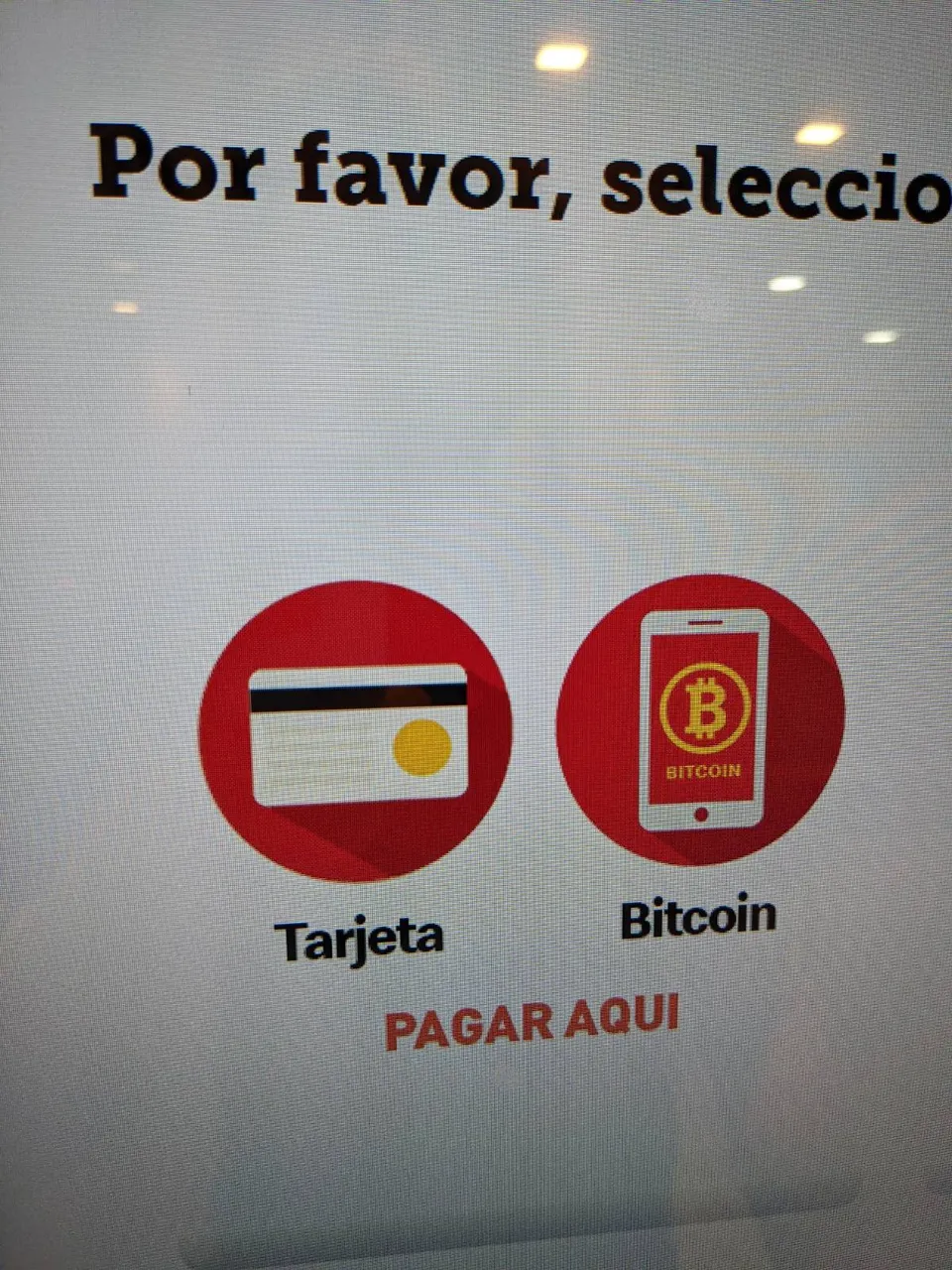
I realized that I had forgotten to buy a bottle of water, so I went to a nearby kiosk in the McDonalds and ordered one. I asked if they would accept Bitcoin and unfortunately the answer was "no", so I paid the clerk with cash (USD) instead. In the upcoming days, I'll see how the Bitcoin payment situation has changed at various other business locations.
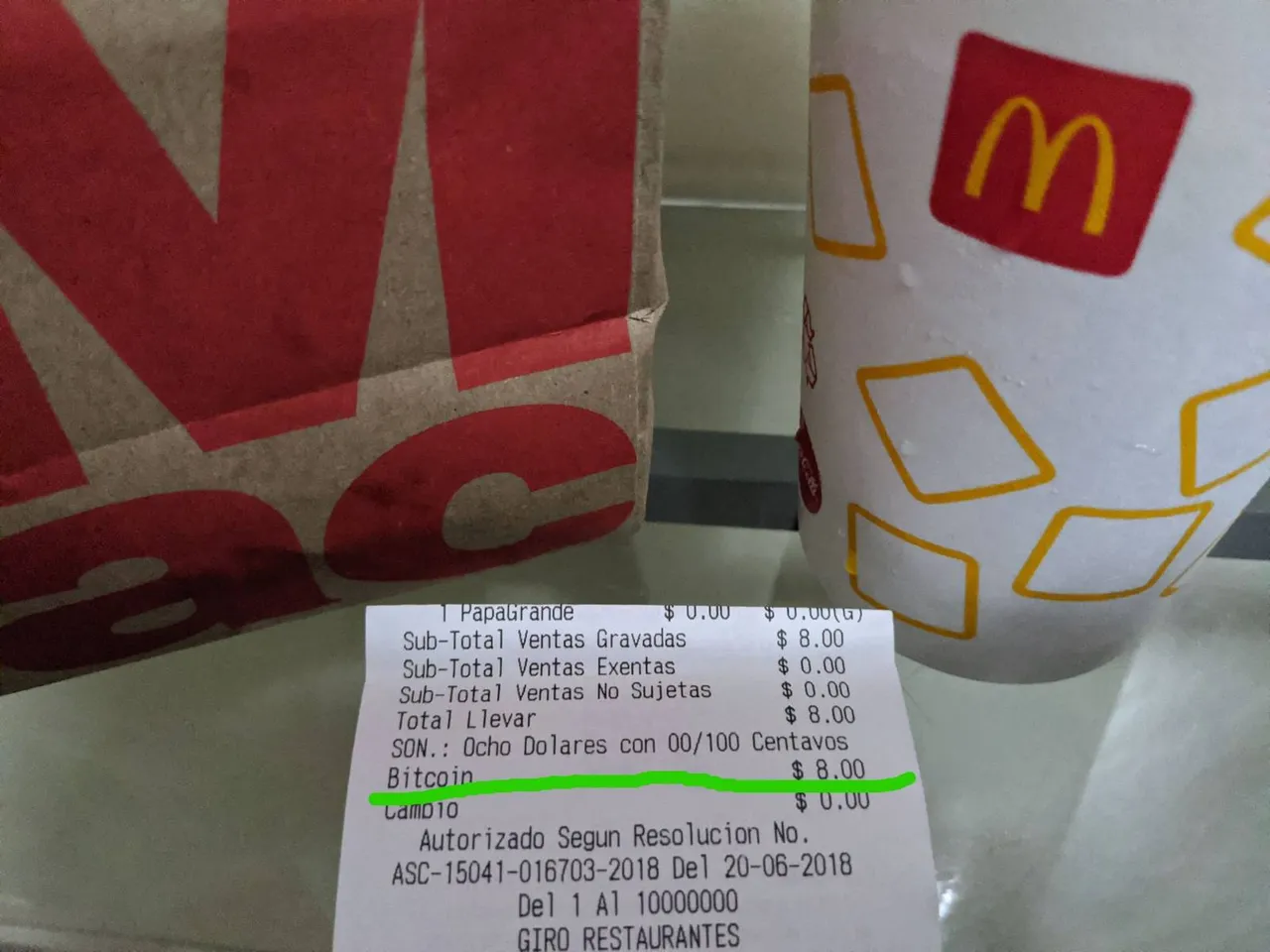
All in all, El Salvador appears to be advancing rapidly on multiple fronts. Foreigners are choosing to relocate here and locals who had fled the country in prior decades are starting to return thanks to improved security, and increasing economic opportunities. Despite lackluster consumer adoption, Bitcoin continues to be accepted, depending on the location.
I suspect we will see an uptick in the use of Bitcoin in El Salvador (and other countries) as the US dollar loses its footing, and Bitcoin continues its trajectory upwards. El Salvador is well-positioned for when this inevitably happens.
What are your thoughts on El Salvador's adoption of Bitcoin?